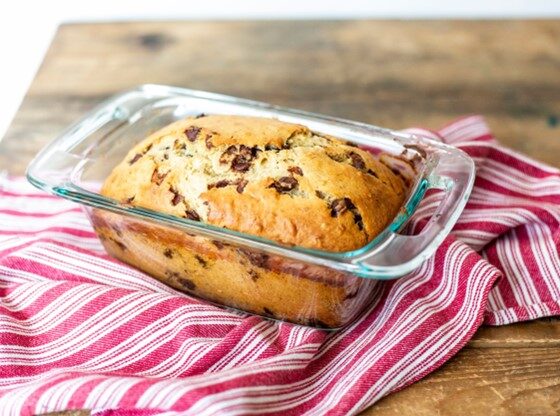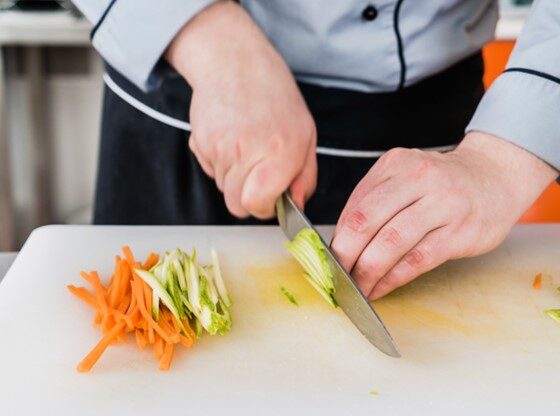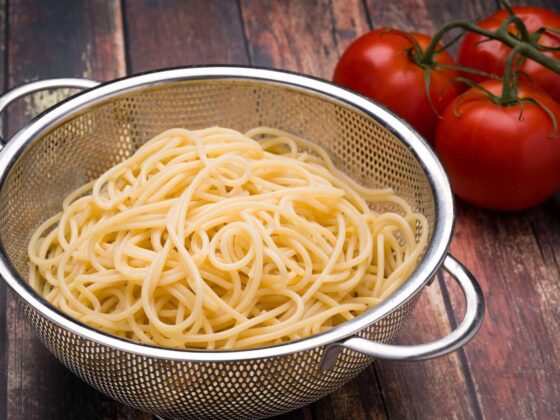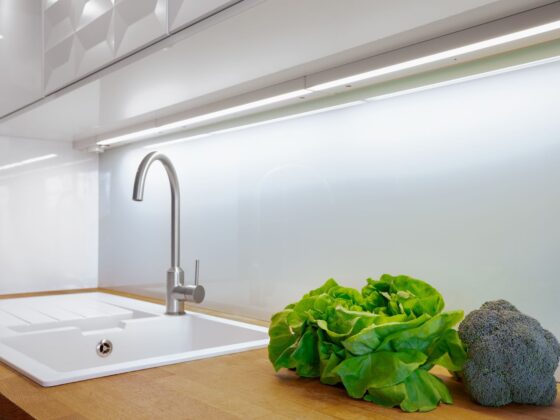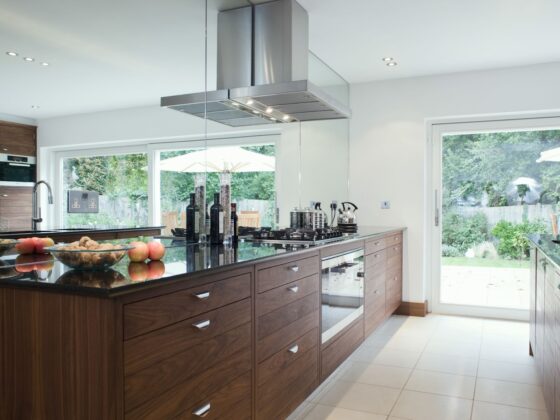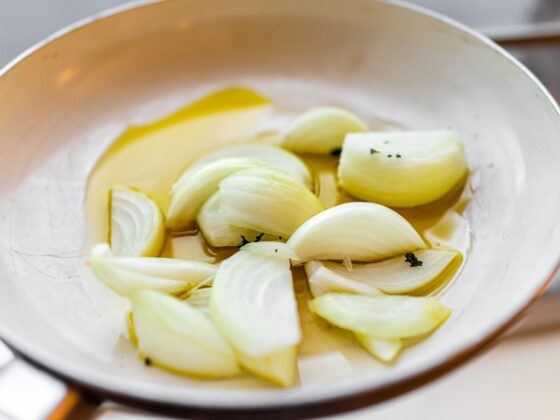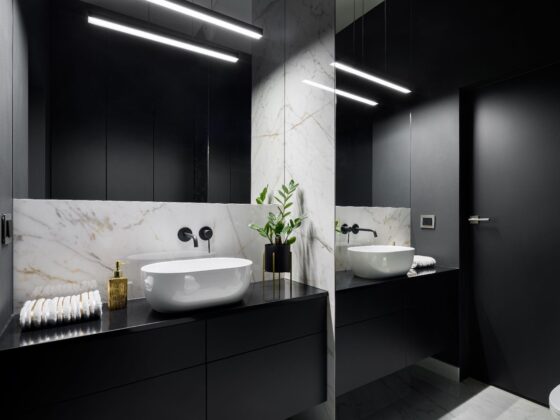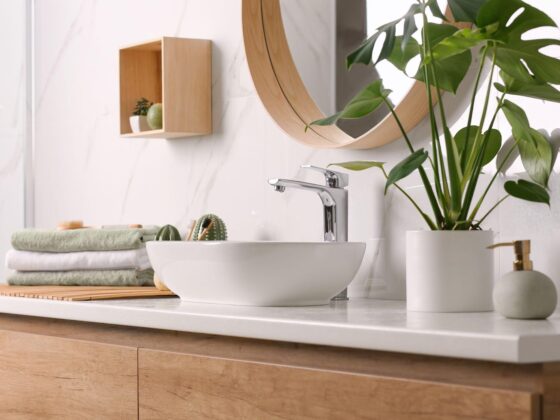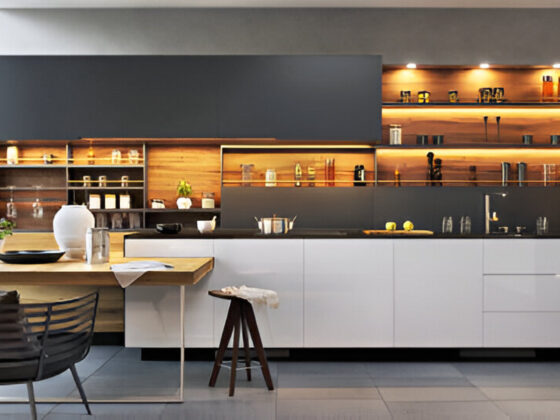If you are a cooking fan then you have landed on the right page. Baking is one of the favorite activities of cooking lovers, and I will be candid – when it comes to classic baking ventures like crafting cookies, brownies, cakes, or muffins, the trusty metal pan takes the lead.
Let us talk about the metal pans first…
Metal pans boast stellar heat conductivity; they warm up promptly and, equally noteworthy, cool down swiftly once extracted from the oven’s warmth.

Notably, these pans can endure higher temperatures compared to their glass ones, making them the go-to for achieving that perfect, even browning, especially on swiftly baked treats like cookies or biscuits. The quick cooldown is a bonus, as it expedites the process of bringing your tantalizing creations to the ideal temperature for indulgence to the table to present your delight to others.

Understanding more about metal pans
However, it is important to understand the important factors related to metal pans. The color and coating of your metal pan are influential players in the baking work of art. Dark-hued metal pans, known as heat absorbers, hasten the cooking process and might lead to excessive browning, particularly on the outer layers of your delicacies. On the flip side, light-colored metal pans with glossy finishes retain less heat, often proving ideal for a spectrum of baking endeavors. Many seasoned bakers swear by high-quality aluminum pans for their reliability and consistent results.
Did you know that metal pans can react with acidic foods? When acidic ingredients touch the metal, it can cause problems. Have you ever experienced a metallic taste in some foods? Imagine a delicious berry cobbler without a protective crust placed in a metal pan. What happens? The fruit might change color, and you could get a not-so-great metallic taste. In situations with acidic ingredients, it is smarter to use a gentle glass baking pan. This way, you keep the look and taste of your food just the way you want it.

In the nuanced world of baking, understanding the strengths and quirks of your chosen bakeware is akin to mastering a cherished recipe. So, as you embark on your next baking adventure, may the choice between metal and glass pans be as delightful as the treats that grace your oven.
Characteristics of a baking with metal pan:
- Heating and Cooling:
○ Heats up quickly and cools quickly: Metal pans are known for their rapid response to temperature changes, making them ideal for recipes that require precise heat control. - Baking Speed:
○ Bakes more slowly than glass: Metal pans generally take longer to heat up. This results in a slower baking process compared to glass counterparts. - Reaction with Ingredients:
○ Can adversely react with acidic ingredients: The reactive nature of metal pans may affect the taste of dishes with acidic components. - Color Matters:
○ The darkness of the metal matters: Dark metal pans absorb and retain more heat, often leading to darker crusts on baked goods. - Sharp Edges:
○ Creates sharp edges and corners: Metal pans are adept at producing well-defined edges and corners, ideal for certain baked items.

When it comes to the world of baking, the choice between bake glass pan and metal pans can significantly impact your culinary creations. Baking with a glass pan offers a host of benefits that make it a favorite among home bakers. The key advantage lies in its superior heat retention. This means that it ensures even baking and contributes to a crispy crust on a variety of dishes. Glass pans also heat up faster than their metal competitors, making them ideal for recipes that require a quicker baking process.
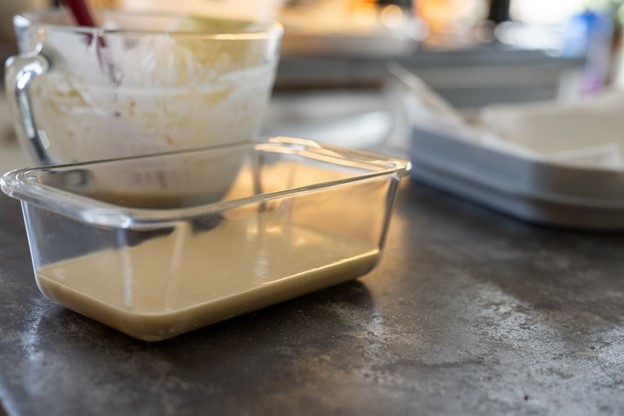
An additional perk is the nonreactive nature of glass with acidic ingredients, preserving the intended flavors of dishes without any undesirable metallic taste. Beyond functionality, the transparency of glass allows for easy monitoring of the baking process, ensuring that your culinary creations reach the perfect level of golden perfection. Whether baking pies, dishes with acidic components, or indulging in baked French toast, a glass baking pan proves to be a versatile and reliable companion in the kitchen.
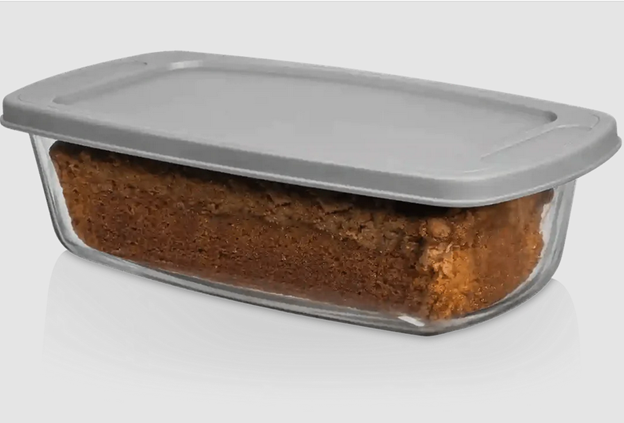
Credit: Razab
Characteristics of a Glass Baking Pan:
- Heat Retention:
○ Retains heat better than metal: Glass pans excel in retaining heat, ensuring even baking and contributing to a crisp crust. - Baking Speed:
○ Bakes more quickly than metal: Glass pans heat up faster, making them suitable for recipes that require a quicker baking process. - Nonreactive with Acid:
○ Is nonreactive with acid: Glass does not react with acidic ingredients, preserving the flavors of your dishes without any metallic taste.
What to Bake in a Metal Baking Pan?
● Cookies: The controlled heat of metal pans is perfect for achieving the ideal texture in cookies.
● Bars and Brownies: Metal pans create a uniform bake, resulting in evenly cooked bars and brownies.
● Cakes: The slower heat transfer in metal pans helps cakes rise uniformly.
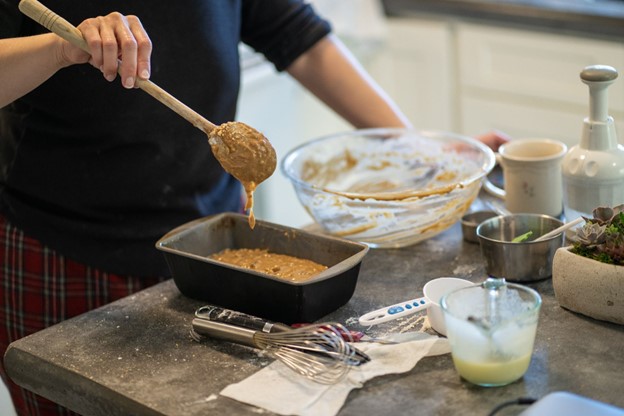
What to Bake in a Glass Baking Pan?
● Pies: Glass pans provide even heat distribution, ensuring a golden and flaky crust for your pies.
● Anything Acidic: Glass’s nonreactive nature makes it perfect for dishes with acidic ingredients, preserving the intended flavors.
● Baked French Toast: The superior heat retention of glass pans results in a delightfully crispy French toast.
Baking in glass vs metal time
Interestingly, metal pans have a slower baking pace compared to glass. If a recipe suggests using a glass pan but you opt for a metal one instead, remember to extend the baking time by a few minutes. This will ensure your dish reaches its desired result.
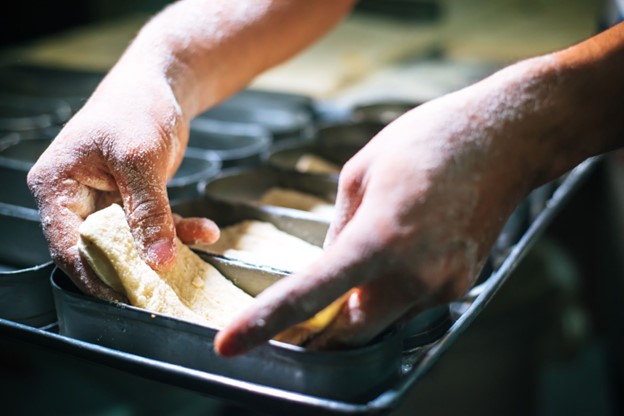
Glass vs metal baking pan – which one is a better choice?
The answer lies in your personal choice and intent. Metal pans offer precision and are suitable for a range of baked goods, while glass pans excel in heat retention and are perfect for dishes with acidic components. Consider the characteristics of each, aligning them with your recipe, to elevate your baking game. In the end, the choice between glass and metal pans is a matter of preference. Ultimately, it is you who is the best judge of the desired outcome of your delicious creations.
